Why do I have a dry mouth at night? Dr Mark Porter explains
Our resident doctor on what causes a dry mouth at night and how to deal with it.
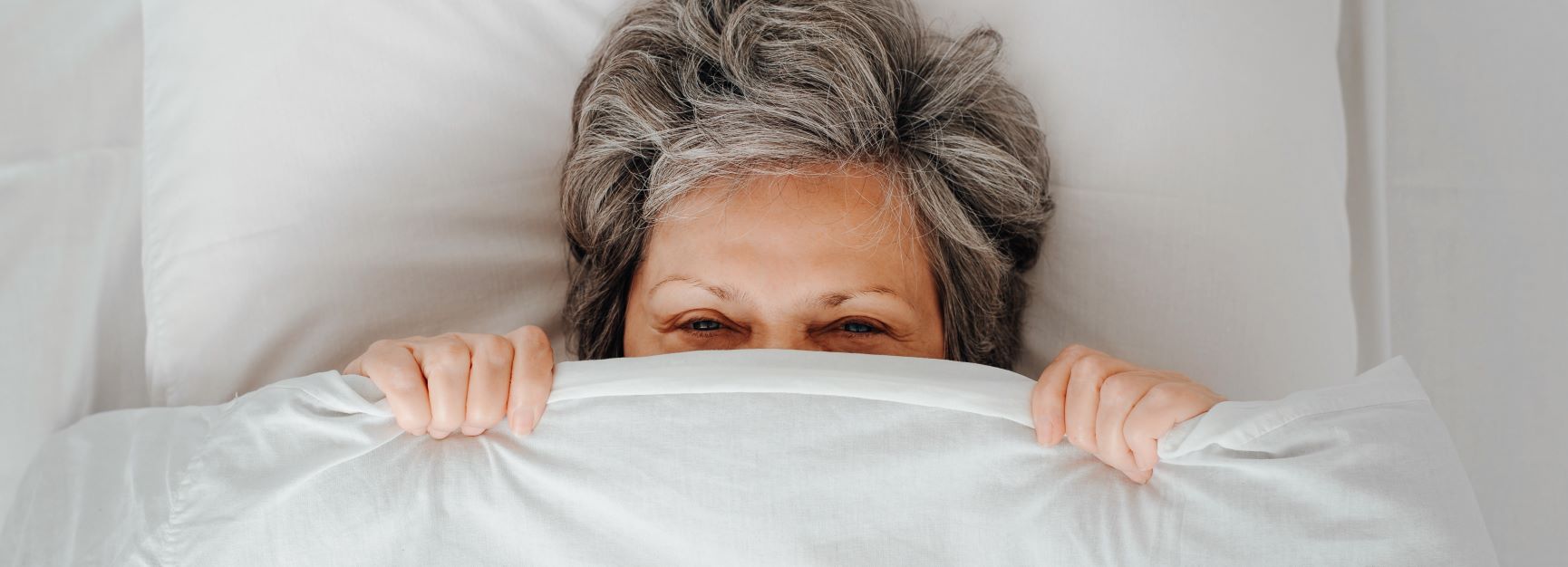
Our resident doctor on what causes a dry mouth at night and how to deal with it.

I never had a problem until a year or so ago, but it’s now so severe I wake regularly from around 3am onwards and have to take sips of water to ease it.
Oddly, it seems a bit better during the day.
Dry mouth (xerostomia) is a common complaint and is due to myriad factors including anxiety, diabetes (Types 1 and 2), Sjogren’s syndrome (an immune disorder that, among other things, leads to a drop in saliva and tear production) and the side effects of some medicines such as bladder pills, codeine/ morphine-type painkillers as well as older antidepressants/neuralgia treatments like amitriptyline.
However, the fact that it mainly affects you at night makes me wonder whether there may be a simpler cause: could you be a mouth breather when asleep?
We are designed to breathe through our noses most of the time – it helps warm and moisturise incoming air – and extended periods of mouth breathing will lead to a very dry mouth.
The main reason people mouth breathe when asleep is that their nose is blocked – a common problem in people with allergies (rhinitis), nasal polyps and, in the short term, colds.
If this rings a bell, a steroid nasal spray can help by reducing swelling and clearing your nose.
Your GP will be able to advise, as well as look at other possible causes and solutions if your nasal passages are not the problem.
With 26 years experience in practice and a partner in a busy South Gloucestershire surgery, Dr Mark is also resident doctor on BBC One's The One Show, presents Radio 4's Inside Health, writes for The Times, and has popped up on celebrity versions of The Weakest Link and Mastermind.
Dr Mark was awarded an MBE in 2005 for services to medicine.

For a limited time, enjoy 3 issues of Saga Magazine for just £1. Receive the next 3 print editions delivered direct to your door, plus 3 months’ unlimited access to the Saga Magazine app—perfect for reading on the go.
Don’t miss your chance to experience award-winning content at an exceptional price.

Are you retiring at the wrong age? The best age to retire for your body, brain, happiness and pocket.
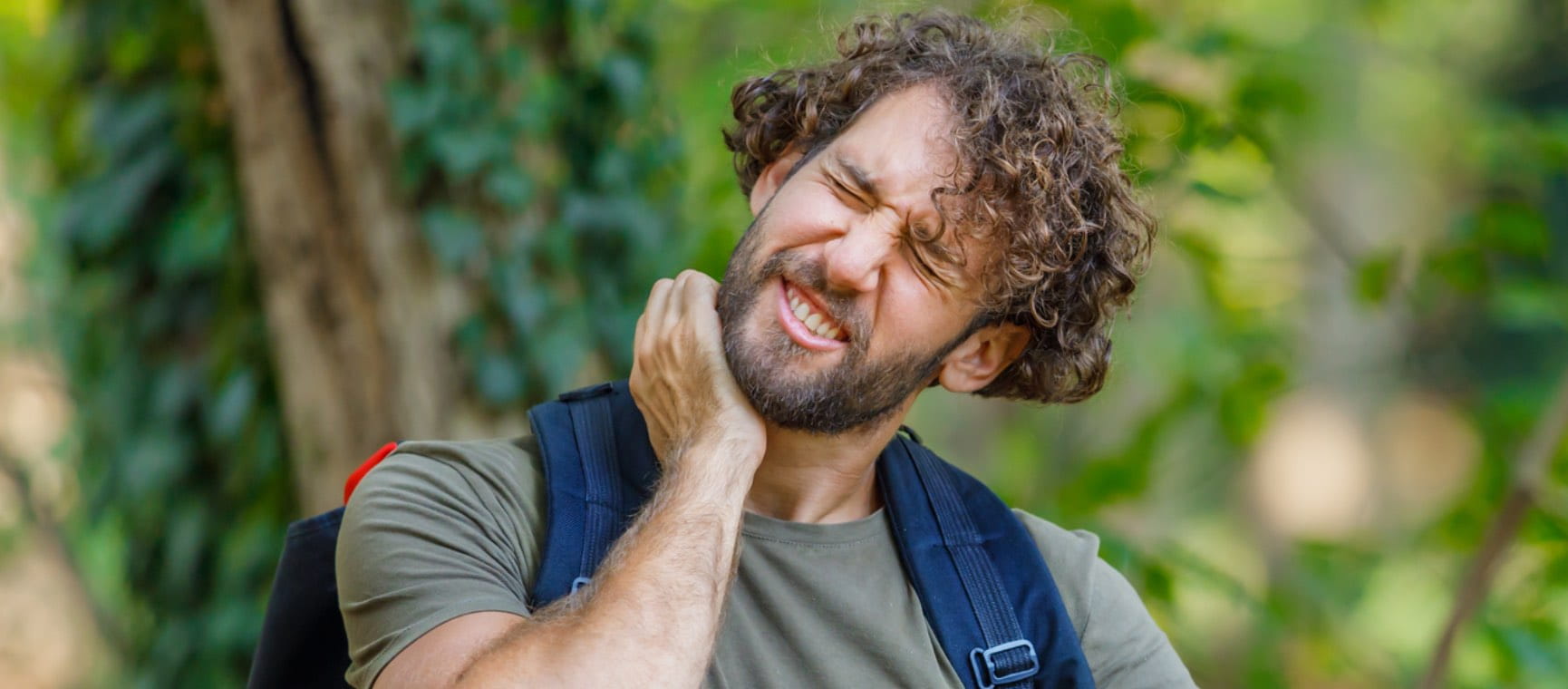

Everything you need to know about the lung infection, and how you could be ill with “walking” pneumonia without realising it.
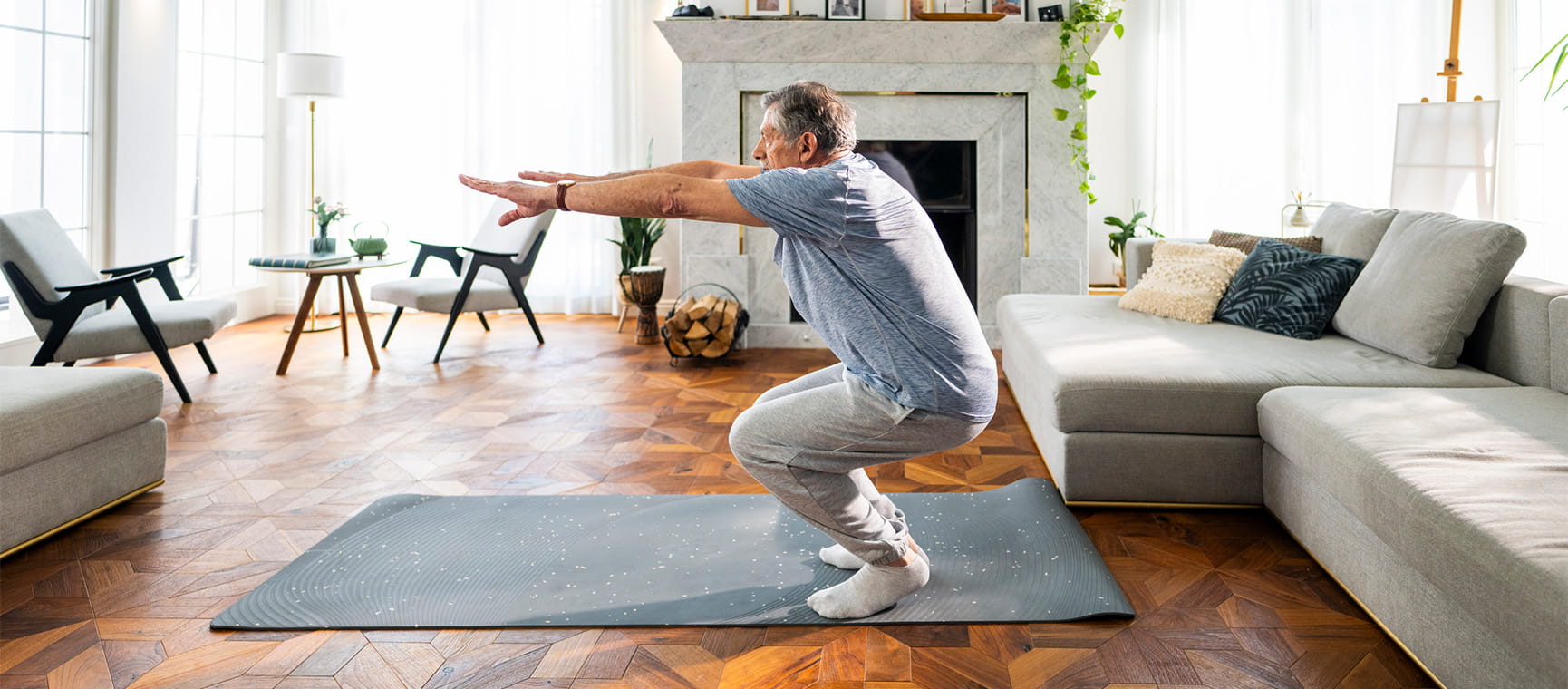
Strong calves for a strong mind: how they support our circulation and brain health, with easy moves to strengthen yours at home.


Our GP Dr Mark Porter explains what can cause itchy skin, which is a common problem as we get older.

Worried you’ve morphed into Victor Meldrew? Find out how to battle that bad mood, and what to do if you’re stuck with a grouchy loved one.

The benefits of heat and cold therapy, and how Nordic bathing won over our nervous writer.

Here’s how to spot the symptoms of heat disease and reduce your danger.

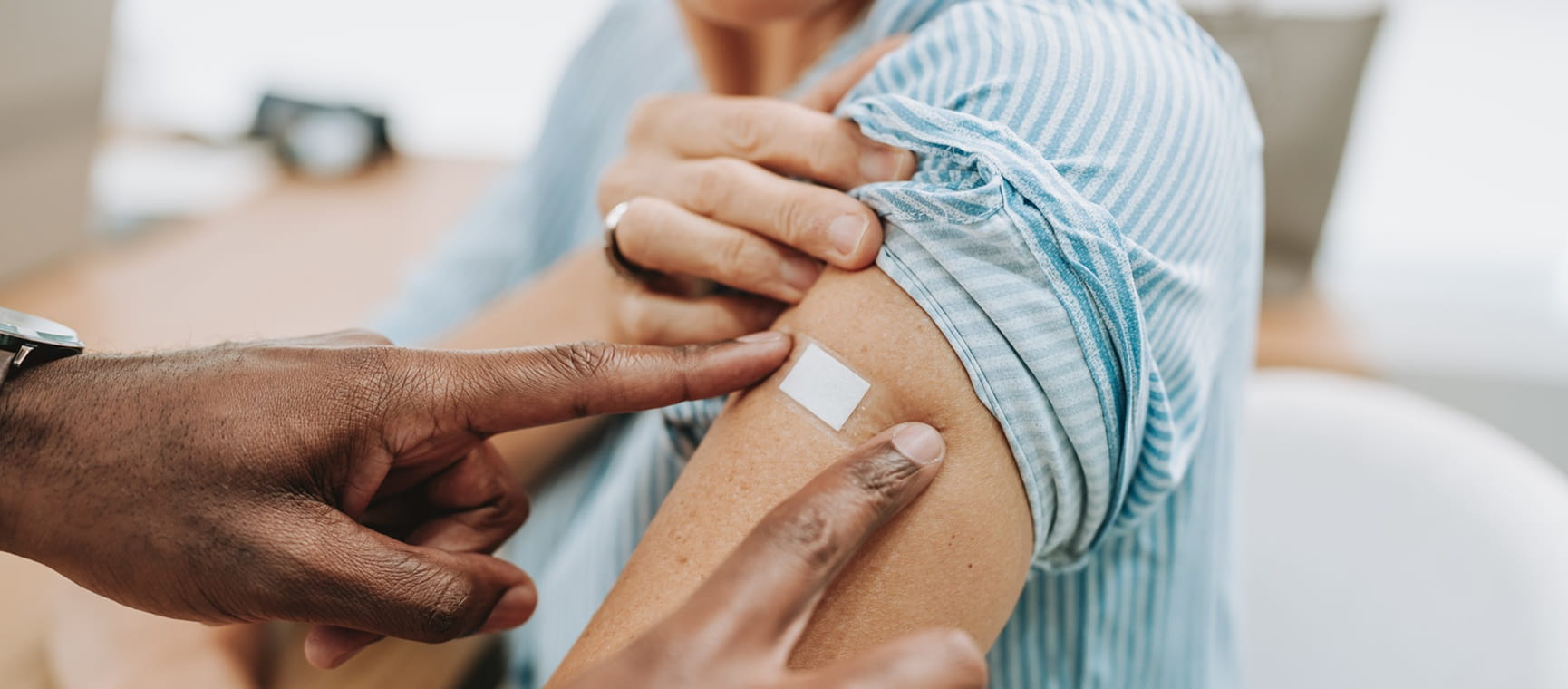
The NHS winter vaccination campaign kicks off next week. Here’s the lowdown on what you need to book.

Pilates for back pain – what to do if you are suffering, and five gentle exercises that could help.
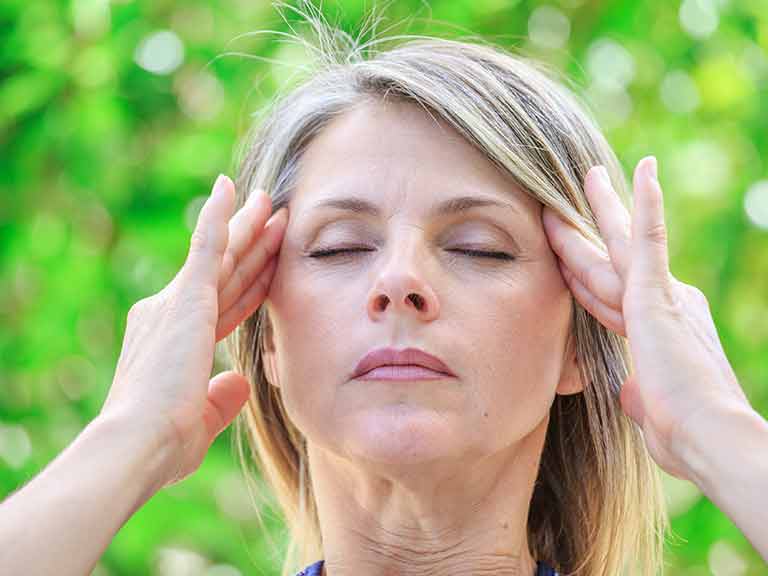
Dizziness or vertigo: a sensation of spinning, can stop us doing everyday things for fear of falling. Try these tips to stop feeling dizzy


You don’t have to put up with bladder leaks. We try out the latest pelvic floor gadgets for men and women.
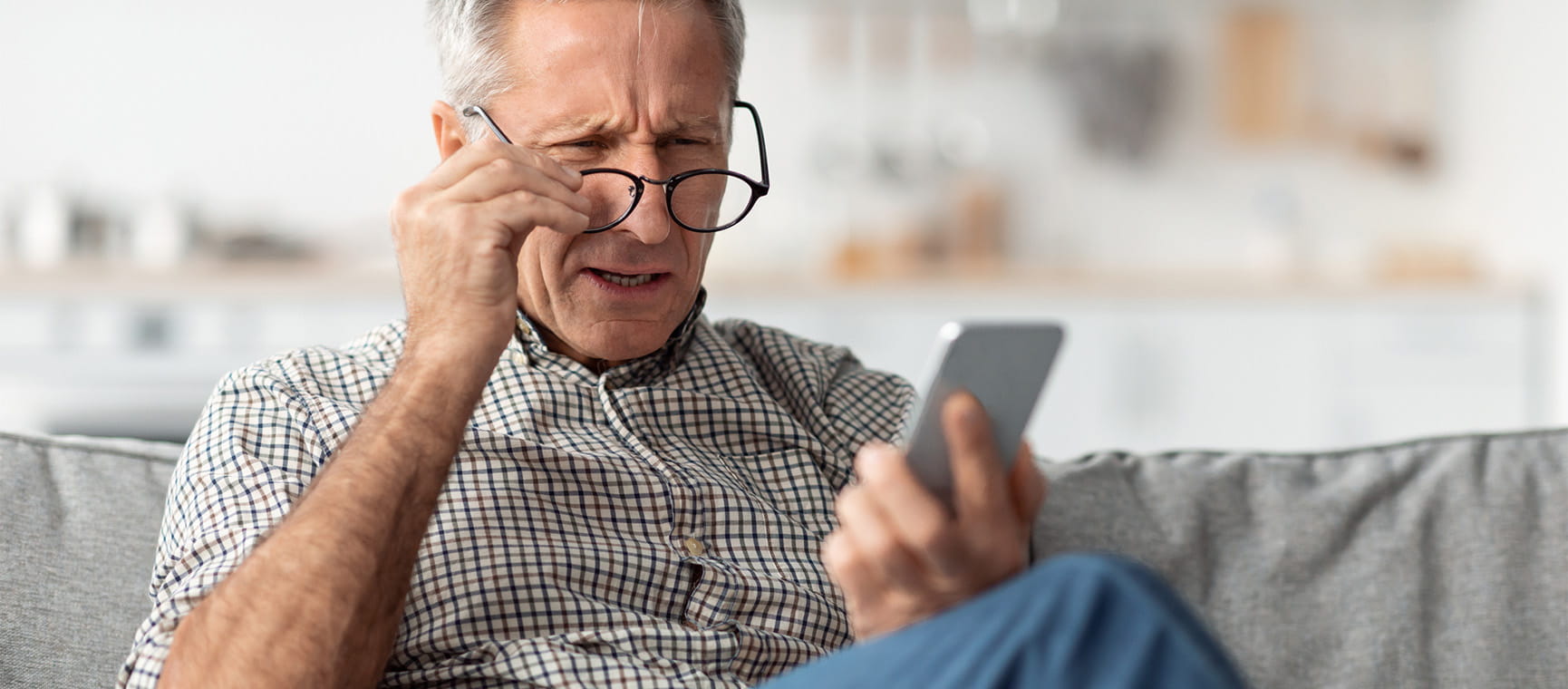
Cataracts are a normal part of ageing. Learn how to spot the signs – and when it’s time to consider surgery.